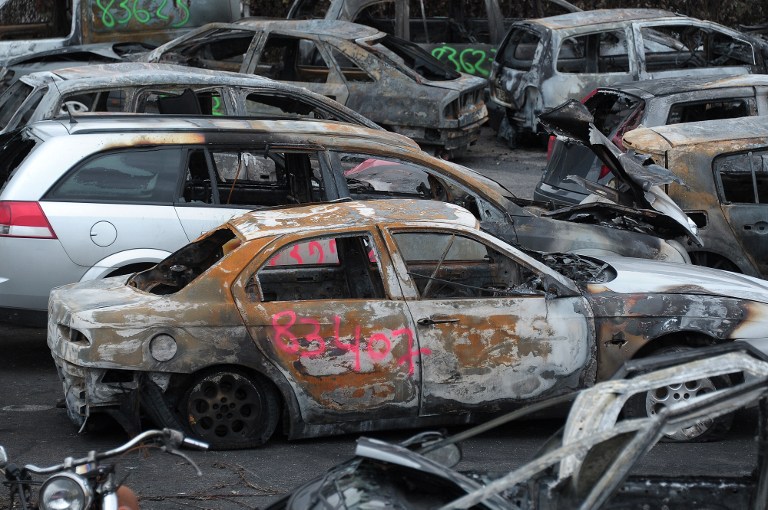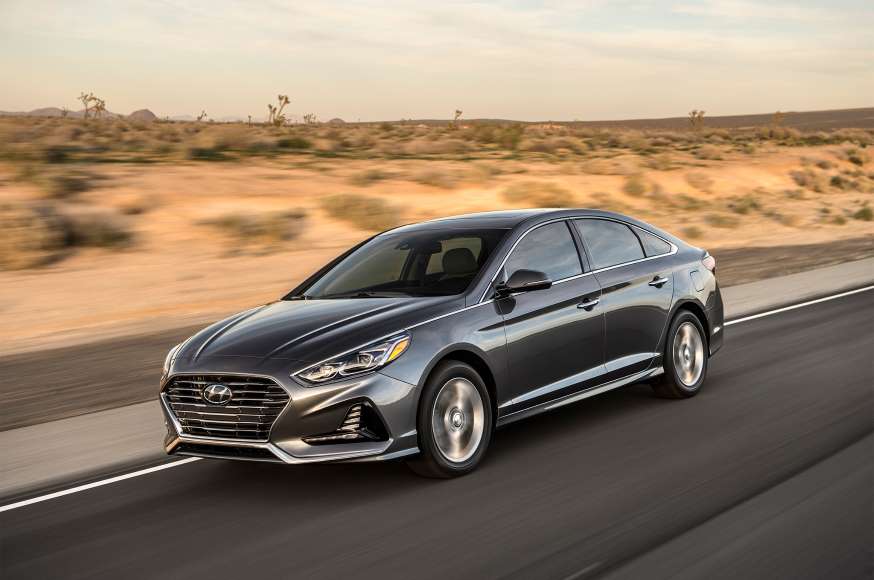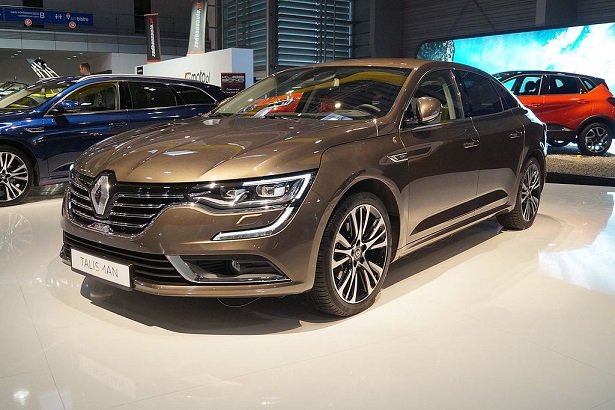Now Reading: More than 1,000 cars torched in France as New Year’s Eve arrests jumps
-
01
More than 1,000 cars torched in France as New Year’s Eve arrests jumps
More than 1,000 cars torched in France as New Year’s Eve arrests jumps

France saw an increase in arrests on New Year’s Eve along with an increase in the number of cars and trucks torched by vandals, a routine among revelers in the country’s high-rise residential areas.
The number of vehicles set alight on the night of December 31st jumped from 935 a year ago to 1,031, while arrests jumped from 456 to 510, the interior ministry stated on Monday.
Violence likewise ruined events in the Paris suburban area of Champigny-sur-Marne, where two police officers were assaulted by a large group of individuals at a party.
French President Emmanuel Macron used Twitter to denounce the “cowardly and criminal lynching of police officers doing their duty” and alerted that the culprits would be “found and arrested”.
“I regret that incidents like yesterday can take place but overall people were able to enjoy New Year’s eve in a peaceful way,” Interior Minister Gerard Collomb stated Monday.
Some 140,000 security and emergency forces were deployed throughout France on New Year’s Eve.
The country has been on alert after a wave of jihadist attacks that have killed 241 since 2015.
The custom of setting vehicle alight on New Year’s Eve supposedly started in the east of the country, around Strasbourg, in the 1990s, in the city’s poorer areas.
It was then quickly embraced by youths in cities throughout the country.
Cars are typically set ablaze whenever there is an outbreak of social disorder, as observed in the 2005 riots when hundreds of vehicles were torched.
The ONDRP’s Christophe Schulz informed Le Parisien newspaper that there vary factors that youths burn vehicles.
“Vehicle fires are often connected with a context of riots and urban violence. It can also be a ‘game’ to break the monotony, or it could be inspired by vengeance after a violent arrest. Or it might just be to get rid of a car used in a crime or as an insurance fraud.”
So while vehicle owners may welcome the fall, they still deal with a few sleepless nights this summer.
Stay Informed With the Latest & Most Important News
Previous Post
Next Post
-
 01Polestar Boss Says It’s Time To Outrun BMW M And Mercedes-AMG
01Polestar Boss Says It’s Time To Outrun BMW M And Mercedes-AMG -
 02Spy Shots: 2027 Mitsubishi Pajero Spotted in Testing Ahead of Possible U.S. Return
02Spy Shots: 2027 Mitsubishi Pajero Spotted in Testing Ahead of Possible U.S. Return -
 03Spy Photos: VW ID. Polo GTI Goes Electric with 223 HP and 280 Miles of Range
03Spy Photos: VW ID. Polo GTI Goes Electric with 223 HP and 280 Miles of Range -
 042026 Toyota Hilux EV: A Powerful Truck with Silent Torque
042026 Toyota Hilux EV: A Powerful Truck with Silent Torque -
 05The Controversial Ford Voodoo V8 That Was Killed Off Too Early
05The Controversial Ford Voodoo V8 That Was Killed Off Too Early -
![2027 Mercedes-Benz S-Class Debuts with V8 Engine [Photo Gallery]](https://speedlux.com/wp-content/uploads/2026/01/2027-Mercedes-Benz-S-Class-33-155x125.jpg) 062027 Mercedes-Benz S-Class Debuts with V8 Engine [Photo Gallery]
062027 Mercedes-Benz S-Class Debuts with V8 Engine [Photo Gallery] -
 07Hyundai Palisade’s Breakout Year Shows How Quickly the Market Can Turn
07Hyundai Palisade’s Breakout Year Shows How Quickly the Market Can Turn


![2027 Mercedes-Benz S-Class Debuts with V8 Engine [Photo Gallery]](https://speedlux.com/wp-content/uploads/2026/01/2027-Mercedes-Benz-S-Class-33-700x394.jpg)









































